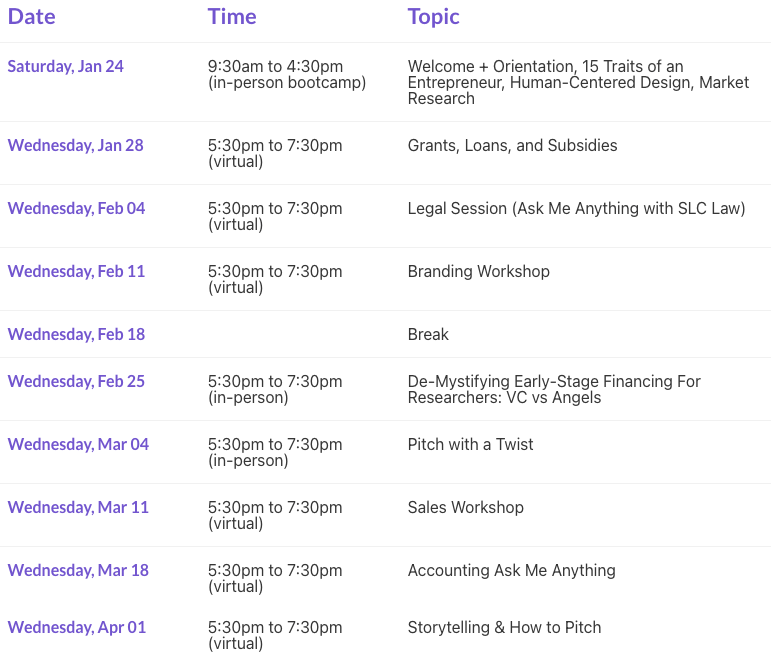In this article, we will briefly take a look at the basic concepts of GST/HST, the different types of taxation supplies, and input tax credits.
GST/HST:
The goods and service tax (GST), and the Harmonized sales tax (HST) are federal taxes paid by consumers for purchases of domestic goods and services. The GST/HST differs from the provincial sales tax (PST) as the PST is the tax on a provincial level. In some provinces (such as in Ontario), the PST is no longer used as they now use the HST. HST can be thought of as the combination of GST and the PST. GST/HST rates may vary from province to province. In this article, we will take a look at any tax implications regarding GST/HST to businesses.
What is GST/HST charged on?:
GST/HST will be charged on all taxable supplies of property or services provided to their customers (other than zero-rated supplies). When businesses purchase goods for the business, they will also be subject to pay GST/HST. However, the business will also be subject to input tax credit (ITC) to recover the tax paid.
Taxable supplies:
Taxable supplies can be thought of as a taxation terminology for taxable products or services.
Some examples of items that is subject to GST/HST includes:
- Sale of new property
- Clothing
- Professional services (ex: accounting fees, photography services)
- Ride sharing services (ex: Uber, taxi)
- etc
Zero-rated supplies:
Zero-rated supplies are under the special subset of taxable supplies. However, unlike the taxable supplies, the zero-rated supplies are taxed at a rate of 0%. Zero-rated supplies would still be subject to the input tax credits.
Some examples of items that are subject to zero-rated supplies include:
- Groceries
- Most exported goods and services
- Prescription drugs
- Most farm livestock
- Transportation services
- Agricultural products
Tax-Exempt supplies:
Similar to zero-rated supplies, GST/HST will not be charged. However, unlike zero-rated supplies, they are not subject to input tax credits.
Some examples of exempt supplies include:
- Rent
- Child care services
- Used housing
- Most health and medical services
- Many types of insurances
To view more examples of the different types of supplies you can check them out here.
Input tax credits (ITC)
Some requirements must be satisfied in order to claim input tax credits
- You have paid/will be paying for GST/HST on the transaction
- You’re a GST/HST registrant at the time GST/HST has been paid for
- The item/service that you paid GST/HST on must be used in the commercial activity
- The input tax credit is claimed within the time period. The due date will depend on the nature of your business. Click here to view the specific time period.
- Enough evidence has been documented
Sources:


